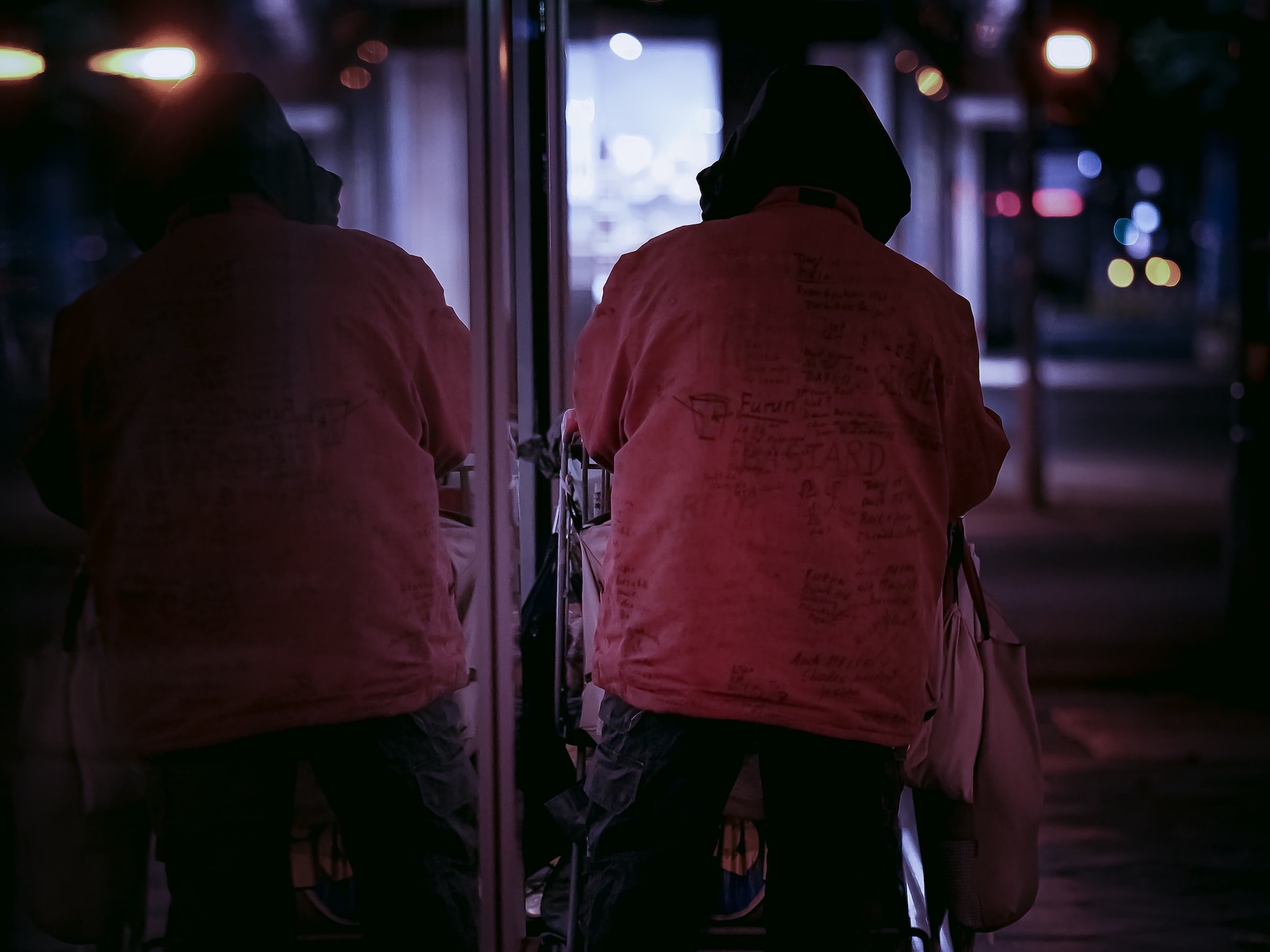The precariousness of the most vulnerable groups in Europe has reached record levels in 2022. Isn’t it time for a reconsideration?
The number of people sleeping rough in the UK rose by 26% in 2022, with London, one of the richest cities in the world, seeing a 34% increase. Homeless Link, an NGO that helps homeless people, described the sharp increase as «shocking». In France, Restaurant du Coeur, a large organisation that distributes meals and clothing, reported that the number of recipients increased by 22% in the first three months of the 2022/23 winter campaign. Most recipients are under 25 years of age, and a quarter are single parents – mainly single women with children. In Germany, ‹Tafel›, the umbrella organisation of food banks, supported 50% more people in 2022. A record, according to the organisation’s chairman.
There is no better way to make oneself invisible than to become poor, says philosopher Simone Weil. Becoming aware of the reality of social hardship requires an effort of attention and empathy. Poverty not only makes many of our fellow human beings invisible, but also plunges them into social powerlessness and exclusion.
This intolerable situation is no accident. It is the result of social design and political priorities. Even though measures are announced to support the weakest, these ‹band-aid cures› do not cure the social disease at its root. In fact, these figures should appear with exclamation marks on all newspaper front pages and bring about a fundamental change in political consciousness. As Oscar Wilde wrote: «It is much easier to have sympathy with suffering than it is to have sympathy with thought. The real aim is to try and build society on a foundation which makes poverty impossible.» (‹Socialism and the Soul of Man›, Wikisource)
Sources La Croix, Le Figaro, Sud-Ouest
Translation Eliza Rozeboom
Photo AR





